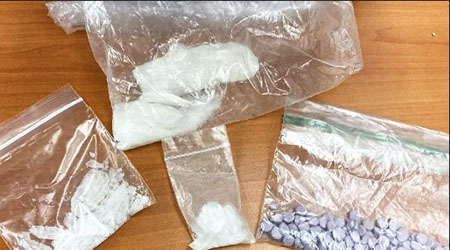by WorldTribune Staff / 247 Real News April 2, 2024
In 2020, Oregon voters approved an initiative, Measure 110, that decriminalized all drug possession, including meth and fentanyl. Since the law went into effect in 2021, the state has seen a major increase in overdose deaths that led to a 90-day emergency declaration in January of this year in Multnomah County, which includes Portland.

On Monday, Democrat Gov. Tina Kotek signed legislation that re-criminalizes minor drug possession.
Kotek signed House Bill 4002 into law, which reversed portions of the 2020 voter initiative.
Those found in possession of substances such as heroin or fentanyl now face up to six months in prison.
The new law still encourages law enforcement agencies and district attorneys to refer suspects and violators to drug treatment programs instead of issuing a citation, arresting them or convicting them.
Kotek said in a letter to lawmakers that the legislation “encourages treatment first, while balancing the need for accountability.”
Oregon’s decision came after opioid overdose deaths rose 240% from 2019, the last year before the Covid pandemic, to 2022, the most recent year for which data is fully available, per the Oregon Health Authority.
Despite the growing problems, few drug users sought treatment. An April 2023 article in The Economist magazine reported that of the 4,000 drug use citations issued in Oregon during the first two years of Measure 110, only 40 people called the hotline and were interested in treatment.
Ted Wheeler, the mayor of Portland, said that officials had made a “huge mistake” in decriminalizing drugs without making sure there was a safety net for addicts.
“There’s no question that the state botched the implementation,” he told The New York Times.
“The timing couldn’t have been worse. In terms of the botched implementation: to decriminalize the use of drugs before you actually had the treatment services in place was obviously a huge mistake.”
